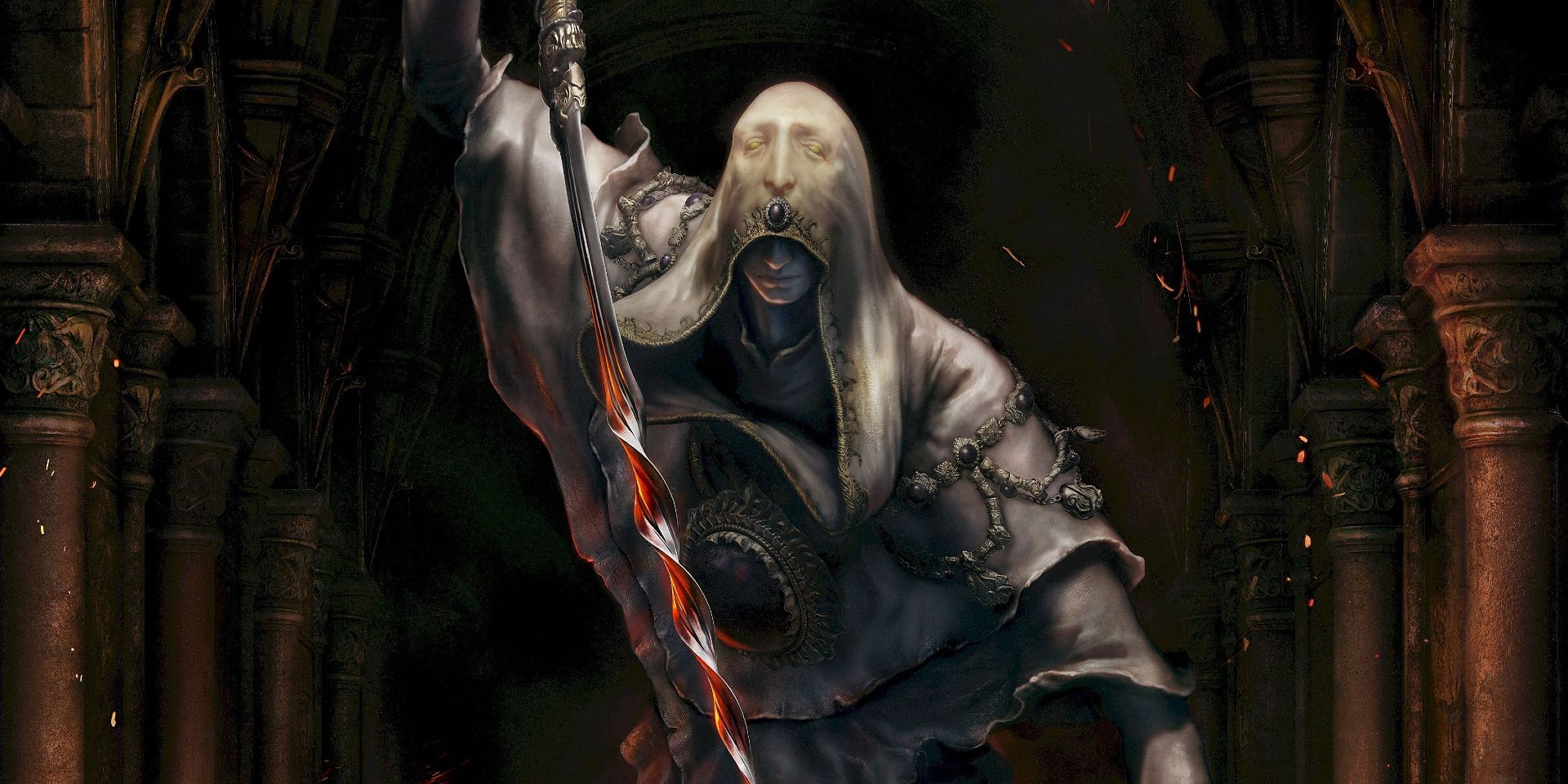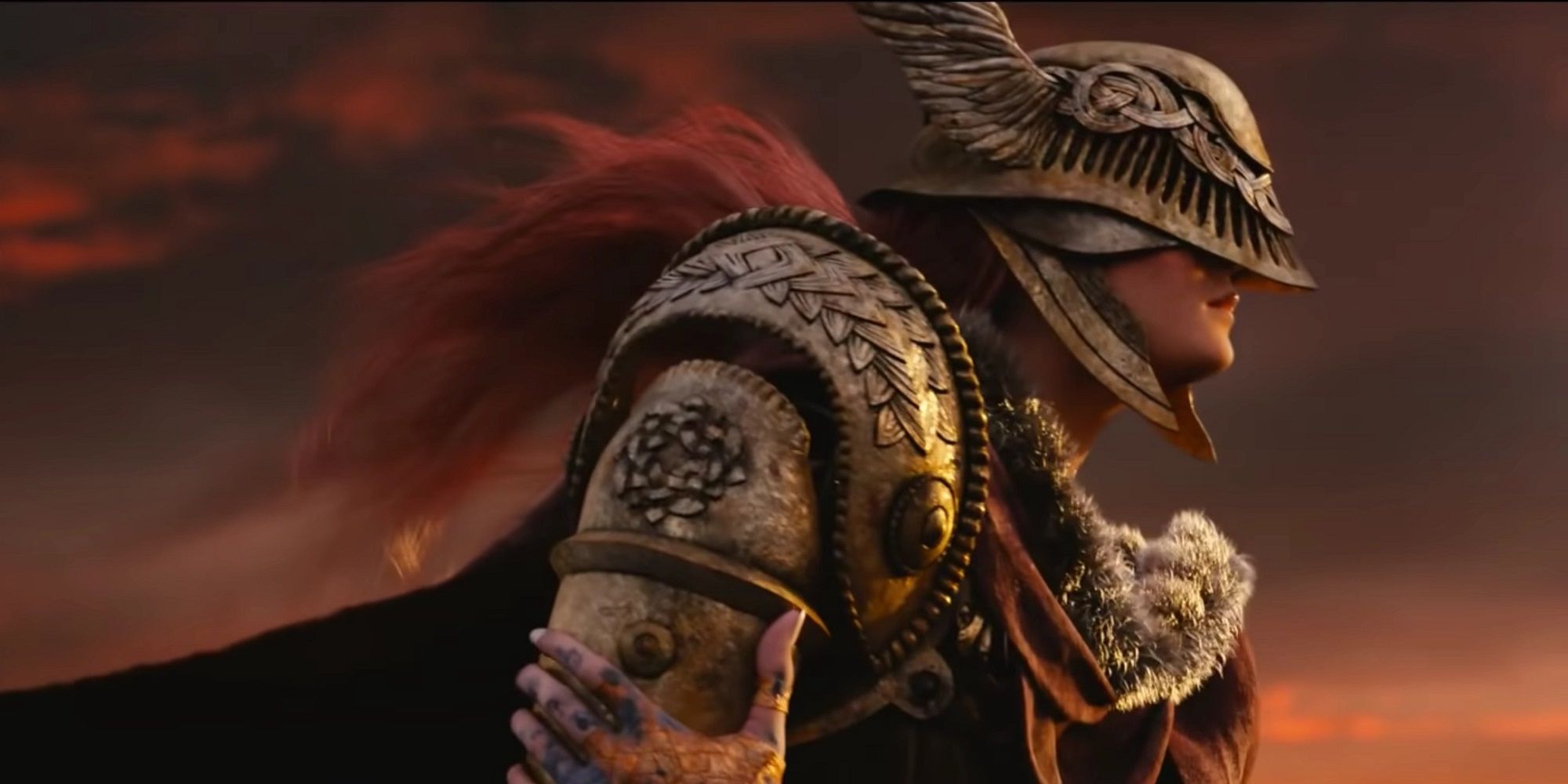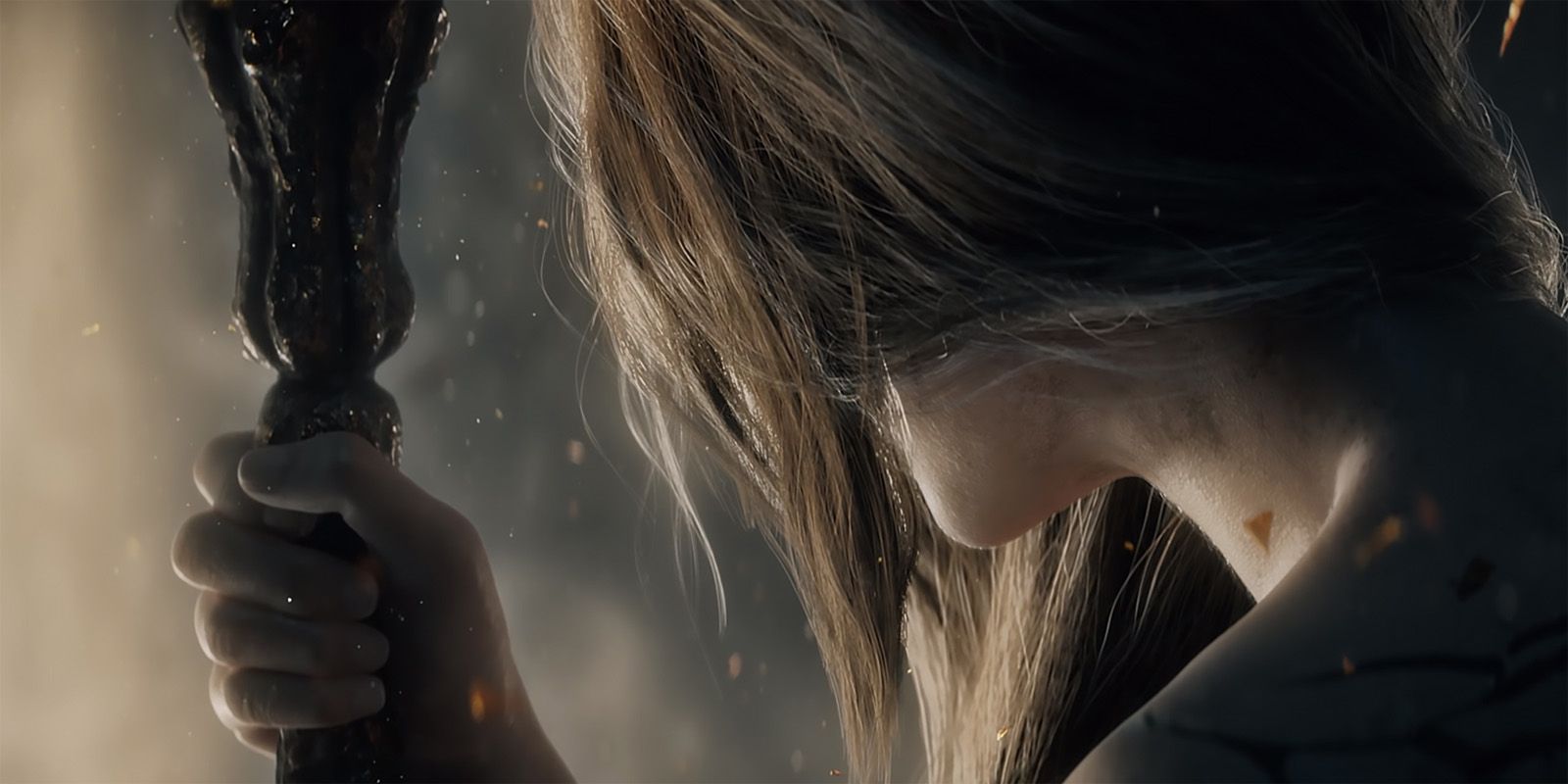The 2020 Game Awards have come and gone, and there's still no new footage for Elden Ring, the latest fantasy RPG being developed by FromSoftware, nor any hints about how this game's fantasy setting, basic gameplay, and fantasy magic will work. In previous FromSoftware games like Dark Souls, Bloodborne, and Sekiro: Shadows Die Twice, the magical systems and "spells" were designed to fit both gameplay and the thematic tropes surrounding the player character – the undead knights of Dark Souls had classic fantasy magic, the Hunter of Bloodborne had haunted relics, and the ninja protagonist of Sekiro had ninja tools powered by paper talismans. Ideally, whatever "magic" exists in Elden Ring should also be distinct in appearance and effect, while meshing smoothly with the open-world gameplay, riding steeds, use of prosthetic arms, and the other known additions Elden Ring will bring to the "Soulslike" formula.
In Demon's Souls, Dark Souls, and the other medieval fantasy games made by FromSoftware, the magical arts available to players – Sorcery, Miracles, and Pyromancy – are strongly connected to the Gods, Dragons, Demons, and other divine beings featured heavily in the lore of these games. Mechanically, these three magical arts do correspond heavily to the classic paradigms of magic seen most frequently in Dungeons & Dragons and other games of western fantasy: sorcerers and pyromancers hurl damaging blasts of offensive magic, while miracle-wielding clerics cast holy magic that can heal or smite. The restrictions of these magical arts also happen to correspond to classic western fantasy tropes: in Dark Souls I and II, spellcasters "Attuned" and cast limited numbers of spells (the "Vancian" school of magic), while in Demon's Souls and Dark Souls III, spellcasters drew from a pool of "Mana Points" or "Focus" in order to cast their spells.
The magic systems seen in Bloodborne and Sekiro: Shadows Die Twice diverge from the classic western fantasy mold of Dark Souls and Demon's Souls in interesting ways, thanks to their unique genres and emphasis on a specific character archetype. As a gothic horror/cosmic horror monster-hunting RPG, the various "Hunter Tools" in Bloodborne are eerie and eldritch, consuming the quicksilver bullets normally used by the game's flintlock pistols to summon ghosts, meteors, alien tentacles, and star fragments from the depths of the cosmos. The Prosthetic Tools in Sekiro: Shadows Die Twice, empowered by human-shaped spirit emblems, homage both the traditional gear of Ninja from Sengoku-era Japan as well as the traditional folklore surrounding Japanese Yokai and the paper talismans of onmyōji exorcists.
Overall, these two "Soulslike" RPGs, personally developed by Hidetaka Miyazaki, hint at his interest in spell-casting systems where magic is powered by the consumption of physical "ammo" and the spells themselves blur the line between supernatural magic and arcane science. Project this design trend onto the nebulously-defined gameplay of Elden Ring, and interesting possibilities come to mind.
Elden Ring's Magic Should Be Novel & Complement The Gameplay
In interviews, Miyazaki and other luminaries at FromSoftware have described Elden Ring as an "evolution" of the Dark Souls formula with more open-world gameplay, a new combat system, a game backstory devised by George R.R. Martin, author of "A Song of Ice And Fire," and an overarching plot centered around "the will, or ambition of mankind" as a theme. An unverified leak revealed on Reddit added further details to this picture: apparently, two key elements of Elden Ring's gameplay will be the ability to ride steeds during boss battles/open world travel and the acquisition of prosthetic arms, which replace a character actual arms after they burn to ash from channeling too much power.
If these gameplay details from Reddit are true (and they do seem to match the footage seen in Elden Ring's sole trailer), they suggest an in-game magic system where magic isn't limited by the spellcaster's "Magic Points," but by their tolerance for "Burn," a kind of damage inflicted on a player character's body as they channel energy not meant for the human frame.
Unlike in Dark Souls, where magic was bestowed on humanity by the divine, magic in Elden Ring might be a more Promethean art, wielded by ambitious humans seeking to steal supernatural power from the heavens. It's also likely the magical spells in Elden Ring will be designed from the ground-up to enhance its base gameplay, with "buff" spells designed to make a player's steed move faster, for instance, and perhaps even destructive spells that can shatter or reshape terrain, much like the "Elden Ring" itself was shattered.
Elden Ring's Magic Spells Should Reward Creativity & Experimentation
In the Dark Souls games, and indeed most fantasy RPGs, the various "magic spells" offered have very specific and narrowly defined functions: Soul Arrows damage an enemy with a projectile, Great Heal spells restore health, Twisted Barricade creates a defensive barrier, etc. The narrow functions of these spells, a limitation of the Dark Souls engine, don't quite jive with the magic seen in fantasy novels and movies, where clever magicians can create their own spells or use pre-existing spells in unexpected ways – for instance, using an ice spell to create a bridge across a roaring river.
Ideally, the open-world of Elden Ring will contain magic spells with multiple applications for creative players willing to experiment. For instance, there might be objects and locations that can be affected by certain kinds of magic, letting the player turn the environment against their enemies in clever ways. Additionally, the player might be able to upgrade certain magic spells to give them new effects, much like how the One-Armed Wolf from Sekiro: Shadows Die Twice can upgrade his Prosthetic Tools with extra abilities after talking to the Sculptor. Such features would help players of Elden Ring customize their character to fit their preferred play-style and/or overcome a frustrating boss through lateral thinking; it would also make the magic in Elden Ring feel more, well, magical, a discipline shaped by the player's creativity rather than the constraints of a computer game.



